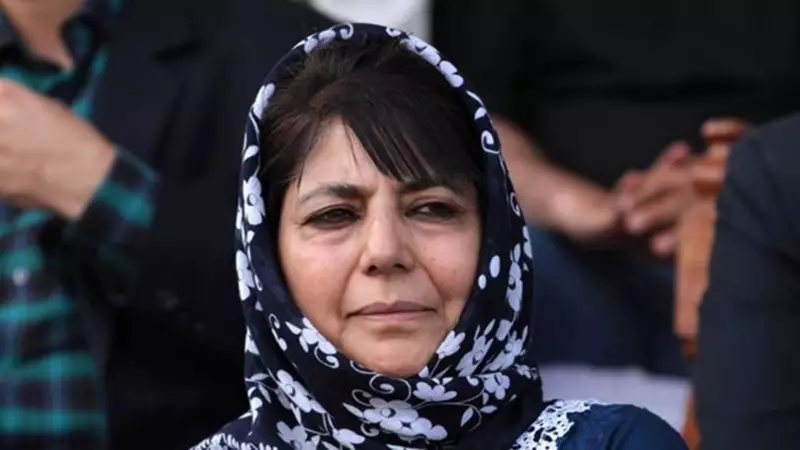
In a significant legal move that highlights ongoing tensions in Jammu & Kashmir, former Chief Minister and Peoples Democratic Party president Mehbooba Mufti has approached the High Court of J&K and Ladakh. The prominent political leader has filed a public interest litigation (PIL) seeking the immediate transfer of undertrial prisoners from the Union Territory who are currently lodged in various jails outside J&K.
The petition, which names the Union Territory of J&K as the primary respondent, argues that keeping undertrials in distant prisons creates substantial hardships for both the detainees and their families. Many families, often with limited financial means, struggle to travel long distances for prison visits, effectively denying prisoners their right to maintain family connections and access proper legal consultation.
Legal and Humanitarian Concerns
Mufti's legal challenge raises critical questions about prisoner rights and administrative procedures in the region. The petition emphasizes that the current practice of housing J&K undertrials in facilities outside the UT violates fundamental rights guaranteed under the Indian Constitution, particularly:
- The right to life and personal liberty under Article 21
- The right to legal representation and consultation
- The right to maintain family ties and relationships
This isn't the first time the PDP leader has raised concerns about prisoner treatment in Jammu & Kashmir. Her consistent advocacy for detainee rights reflects broader political tensions in the region since the abrogation of Article 370 in 2019.
Administrative Challenges and Solutions
The PIL suggests practical solutions to the current impasse, proposing that undertrial prisoners could be adequately housed within J&K's existing correctional facilities. The petition argues that local administration has both the capacity and responsibility to manage detainees within the Union Territory's boundaries.
Legal experts following the case note that the outcome could set important precedents for how prisoner transfers are handled in Union Territories, particularly those with complex political histories like Jammu & Kashmir. The case also touches upon the balance between administrative convenience and fundamental rights in India's justice system.
As the J&K High Court prepares to hear the matter, human rights organizations and political observers are watching closely. The decision could significantly impact hundreds of families across the region who have been separated by great distances due to current prison transfer policies.





